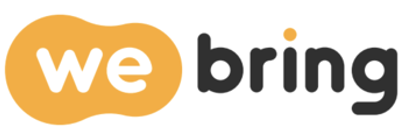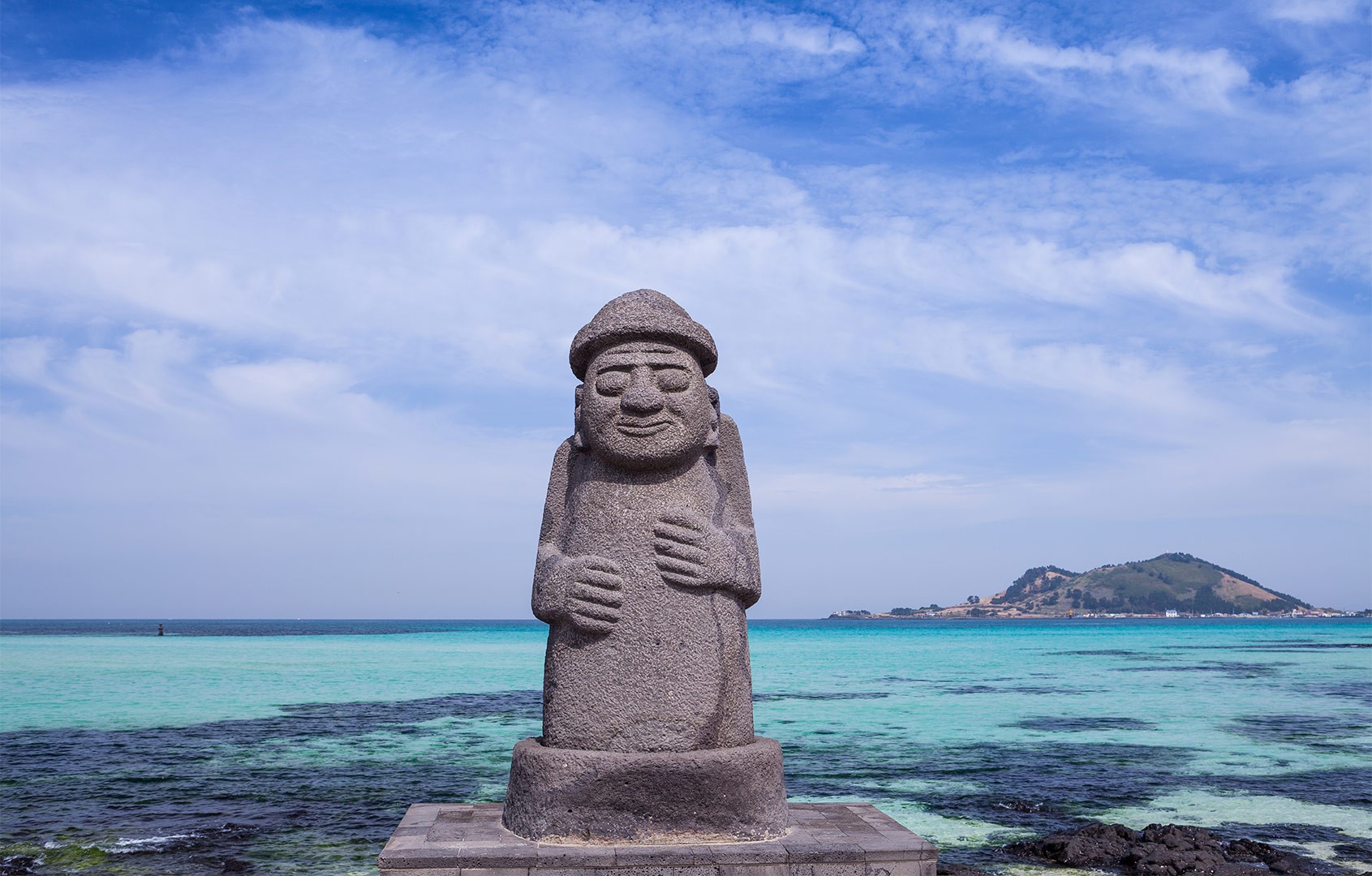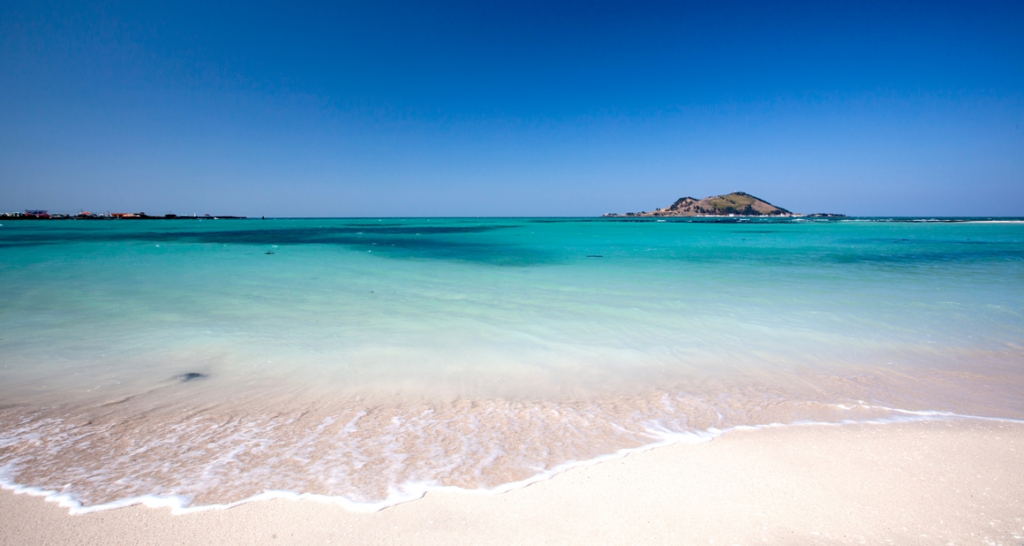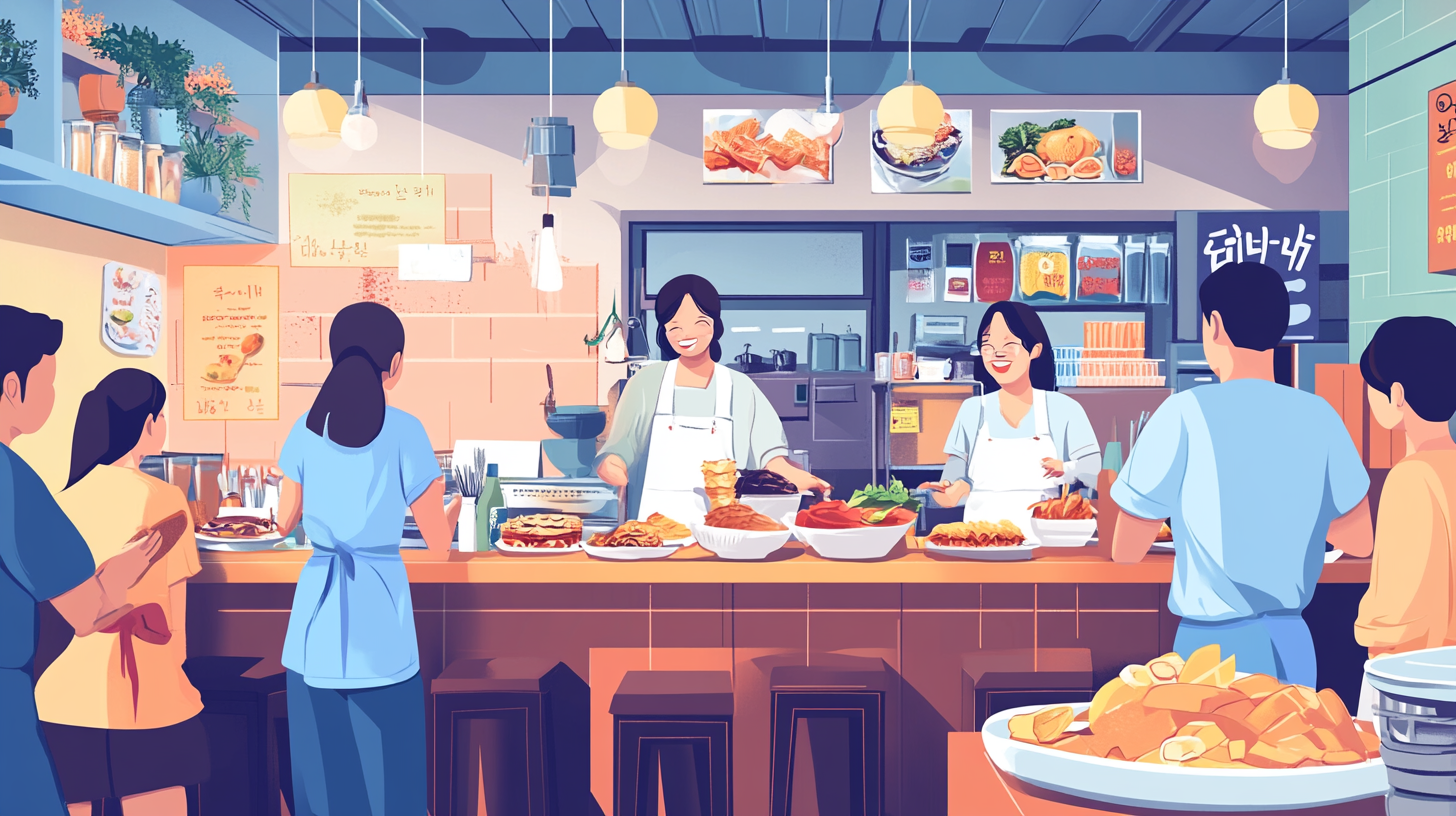Seoul is a unique city where ultra-modern skyscrapers coexist with traditional hanok houses. There are several observation decks where you can enjoy sweeping views of the city’s skyline, but two of the most iconic are Lotte World Tower (commonly known as Lotte Tower) and N Seoul Tower (also called Namsan Tower). Both are symbolic landmarks of Seoul, drawing travelers with their differing heights, locations, and overall ambiance.
In this article, we’ll compare Seoul Observatory Comparison – Lotte Tower and N Seoul Tower as observation spots, helping travelers decide, “Where should I go to view Seoul from above?” If visiting both is not possible, you’ll be guided to the more fitting choice based on your preferences and the purpose of your trip.
Lotte Tower: A Modern Face of Seoul from an Ultra-High Skyscraper
Lotte World Tower, located in Jamsil, stands 123 stories high with a soaring height of about 555 meters. It’s one of the tallest skyscrapers in the world, not just in Seoul. When viewed from the ground, the top seems to disappear into the sky, creating an awe-inspiring sense of scale as you approach.
Features of Lotte Tower’s Observatory (Seoul Sky)
Located at the top of the tower, the ‘Seoul Sky’ observatory is the highest in Korea. On clear days, it’s even said you can see as far as the Incheon coastline. Spanning multiple floors, the observatory features a glass-floored Sky Deck, cafes, and gift shops, allowing visitors to enjoy Seoul’s panoramic views in diverse ways. Even the high-speed elevator ride is immersive, with visual displays enhancing the sensation of ascending the tower.
The tower’s interior is sleek and modern, managed with top-tier cleanliness and convenience—making it a favorite among travelers who value comfort. Signage and digital displays are helpful, providing orientation and background on the cityscape, making even first-time visitors feel at ease. Go up around sunset to witness Seoul lit in golden hues as it transforms into a vibrant city of neon lights—perfect for those seeking a touch of luxury and romance.
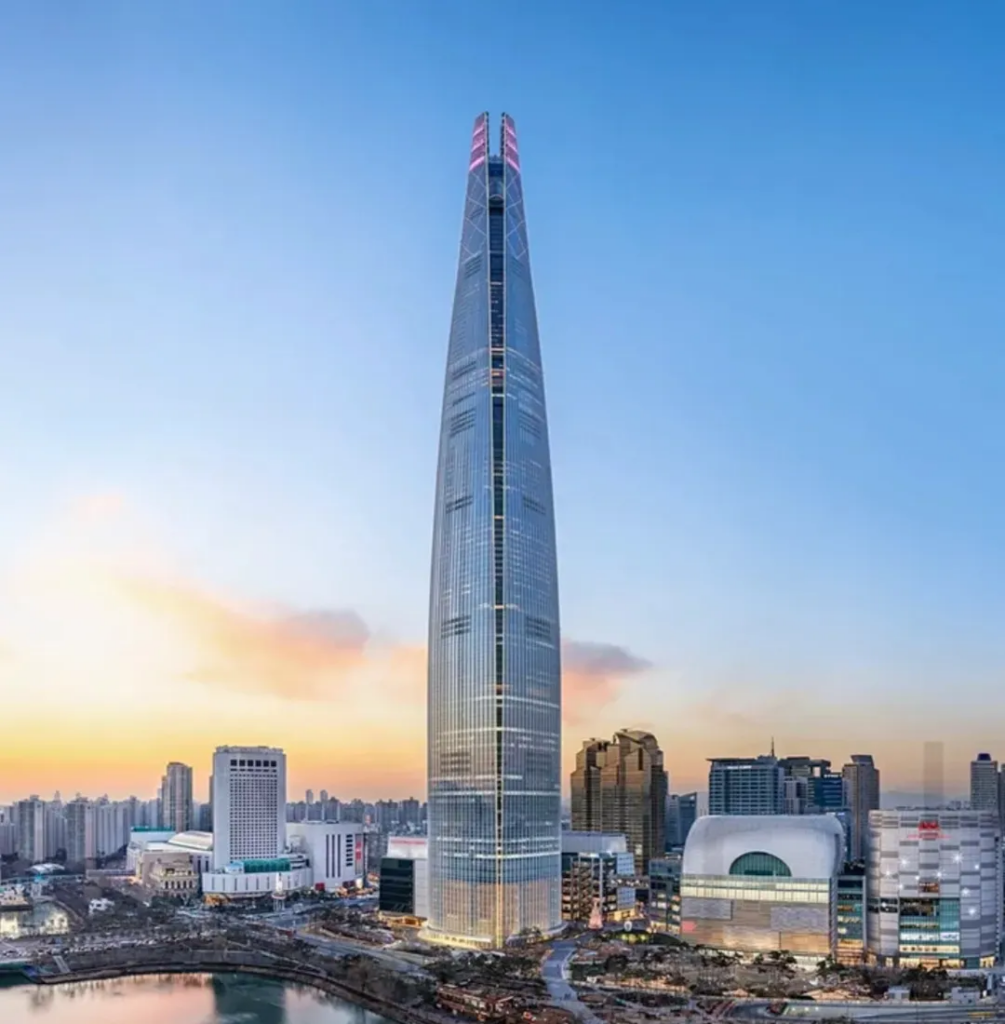
Nearby Attractions and Facilities
As a Jamsil landmark, Lotte Tower is surrounded by attractions like Lotte World Theme Park, Lotte Department Store, and Lotte World Mall. This makes it easy to pair the observatory visit with shopping or amusement park activities. The tower is directly connected to Jamsil Station via Subway Lines 2 and 8, ensuring excellent accessibility. For travelers on tight schedules, this all-in-one zone offers entertainment, shopping, culture, and panoramic views—all within walking distance.
Visitors can also enjoy a relaxing stroll around Seokchon Lake. In spring, cherry blossoms line its banks, and in winter, seasonal lighting and festive decorations enhance the mood. A photo with Lotte Tower in the background will surely become a stylish, unforgettable shot of your trip.
N Seoul Tower: Romance in the Heart of Downtown Seoul
N Seoul Tower (Namsan Tower) is a 236.7-meter communications tower built atop Mt. Namsan, which itself rises 243 meters above sea level. Though shorter than Lotte Tower, its unique position in central Seoul gives it a special charm. It offers captivating 360-degree panoramic views of downtown, making it a favorite destination for couples and sightseers for generations.
Highlights of the Namsan Tower Observatory
N Seoul Tower’s observatory offers an exceptional view of Seoul’s urban core. From every angle, you’ll see a contrast of soaring buildings, charming neighborhoods, and the Han River blending seamlessly. Especially at night, the glittering city lights create a dramatically romantic atmosphere.
There are several ways to reach the observatory. The cable car provides a scenic route up the mountain, while those who enjoy walking can take the well-maintained trails through Namsan Park. Gradually ascending through nature within the city and eventually encountering a vast cityscape is an experience unique to Namsan Tower. For those preferring minimal exertion, taxis and buses provide easy access to the summit as well.

Things to Do Around Namsan Tower
Surrounding the tower is Namsan Park, which offers beautiful walking paths throughout all four seasons. In spring, cherry blossoms and forsythias burst into bloom; in fall, the park is ablaze with foliage; in winter, snow-covered pines and holiday lights create a magical scene. There’s also the famous “Locks of Love” photo spot where couples pledge their love by locking messages to fences around the tower.
Below the tower, there are gift shops, cafes, and restaurants where you can relax after enjoying the view. Dining at a restaurant overlooking the entire city makes for a memorable date or special celebration. As dusk falls, the tower’s lighting transforms it into a colorful beacon—so vivid against the dark mountain that it’s instantly recognizable even from afar: “Ah, that’s N Seoul Tower.”
Comparison: Lotte Tower vs. N Seoul Tower
Both towers function as observation points, but they differ significantly in terms of height, location, and surrounding scenery.
- Height and Spectacle: Lotte Tower boasts the highest man-made viewing point in Seoul, offering vast, unobstructed vistas. Sky Deck and glass-floor experiences provide a thrilling sense of height. N Seoul Tower, on the other hand, sits atop a natural hill and exudes a powerful feeling of being in “the center of Seoul.”
- Nearby Attractions: Lotte Tower is embedded in a district filled with malls, a theme park, and lakeside activities—perfect for an all-day Jamsil excursion. N Seoul Tower is close to Namsan Park, Myeongdong, and Itaewon, making it a convenient stop during city touring.
- Atmosphere and Vibe: Lotte Tower projects a slick, modern image, while N Seoul Tower is romantic and modest. Though Namsan Tower has long been a lovers’ favorite, younger generations are increasingly enjoying luxury dates at Lotte Tower.
Which Should You Choose?
- If you want luxury and a sleek, metropolitan vibe: Choose Lotte Tower. Viewing Seoul from a world-class skyscraper is an unforgettable experience, and first-rate facilities ensure maximum comfort.
- If you prefer romance and cultural charm in central Seoul: N Seoul Tower is ideal. Walking through Namsan trails and seeing the city lights from the observatory encapsulates the soul of Seoul’s urban charm.
If time permits, visiting both is a great idea. Try seeing Lotte Tower by day, then heading to N Seoul Tower for its night view—you’ll capture both faces of Seoul’s skyline in one trip.
Tips: Best Times to Visit and Ticketing Info
- Lotte Tower (Seoul Sky): Visit in the late afternoon to catch both daytime views and sunset-to-night transitions. Weekends can get crowded, so pre-booking or visiting on a weekday afternoon is recommended.
- N Seoul Tower: While daytime is nice, nighttime views are the main attraction. Arrive before sunset, stroll the trails, then use the cable car or bus to catch the city lighting up at twilight from the top.
Tickets for both observatories are available via their official websites or trusted travel platforms. Look out for coupons or package deals to save money, and be sure to compare prices ahead of your visit.
Conclusion: See Seoul from Multiple Perspectives
Though Seoul is one city, how you view it can completely change your impression. From Lotte Tower, you get a glimpse of a global metropolis. From N Seoul Tower, you’re immersed in the romantic, glimmering heartbeat of downtown Seoul. No matter which observatory you choose, you’ll leave with a sense of Seoul’s unique beauty and energy—etched into your memory.
If you’re short on time, focus on one tower. But if your schedule allows, try both. Choose N Seoul Tower for a breathtaking nightscape; opt for Lotte Tower to soak in magnificent height and modern elegance. Ultimately, it depends on what kind of journey you want. Is your Seoul experience modern, romantic, or everything in between? Whatever you choose, you’ll find your own best way to “meet Seoul beautifully.”

WeBring Service : Provides personalized services to foreigners living in Korea
Exclusive offer: Introducing foreign car rental in Korea, WeBring-SoCar
